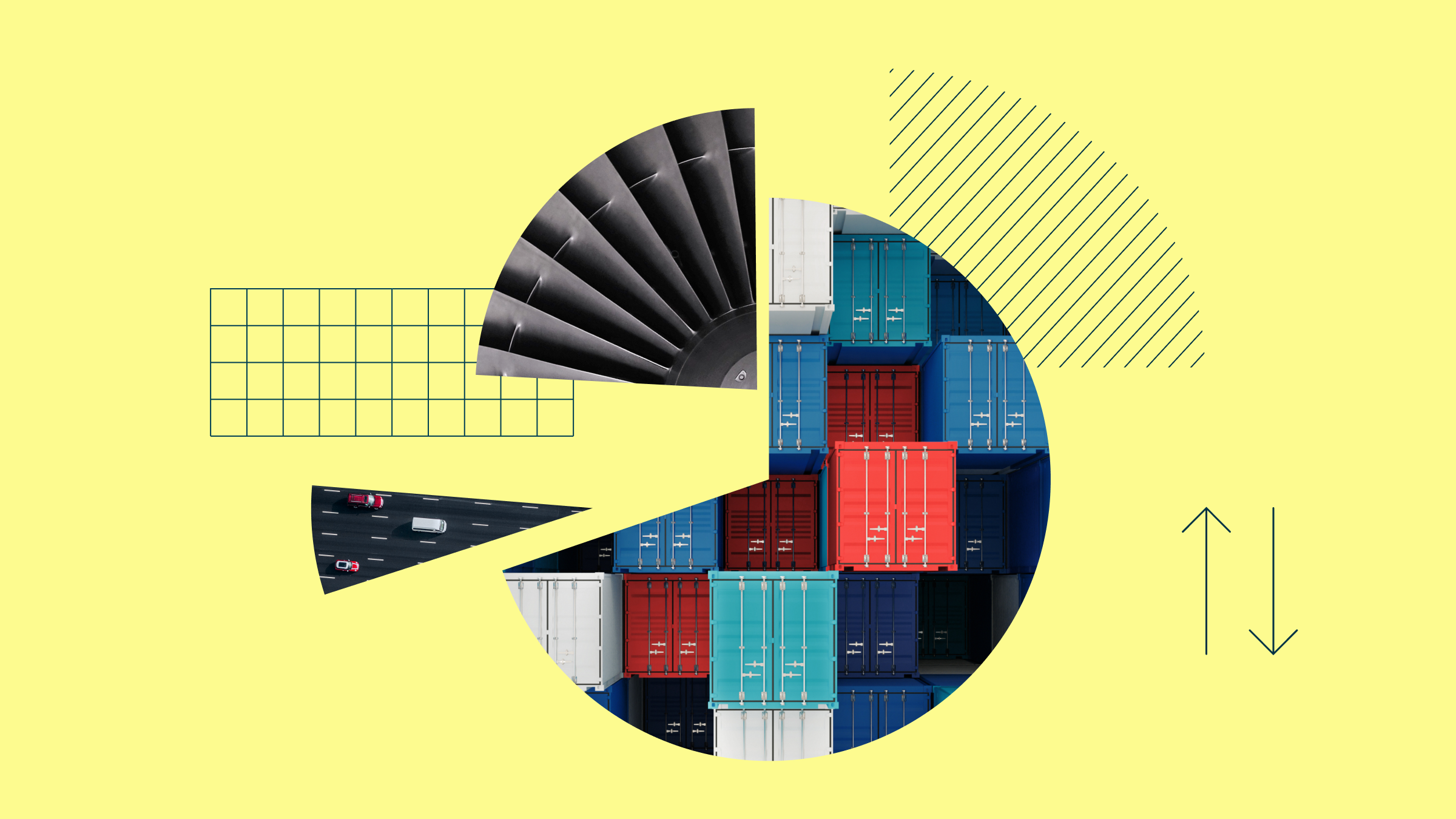As we update our models for the three drillers, we expect to make material downward revisions to our fair value estimates.
During the fourth quarter Transocean took a $1 billion impairment charge, writing down the last of the goodwill on its balance sheet. This comes three months after a $2.8 billion write-down in November. Ensco also wrote down goodwill, taking a $3 billion charge and a $925 million noncash asset impairment charge. Seadrill’s $232 million goodwill impairment is minor in contrast. These actions come as drillers seek to adjust their fleets to current market dynamics, in which rig oversupply will worsen before it improves. The situation has been exacerbated by a sharp decline in rig demand as oil and gas companies seek to cut back spending, and deep-water drilling is bearing the brunt of these cuts. Given the current oil price outlook we expect more pain to come.
For drillers, this translates into more idle rig days, and every day a rig isn’t working, the company hemorrhages cash. While jackups and some floaters can be cold stacked--that is, shut down without a crew, minimizing operating expenses--larger floaters require a deep-water port and must be maintained, crewed, and fueled to the tune of around $100,000 a day. We see scrapping older rigs as the best cost-savings measure drillers can take in this market. We nonetheless question whether scrapping idle off-contract rigs will be enough to balance the market.






















